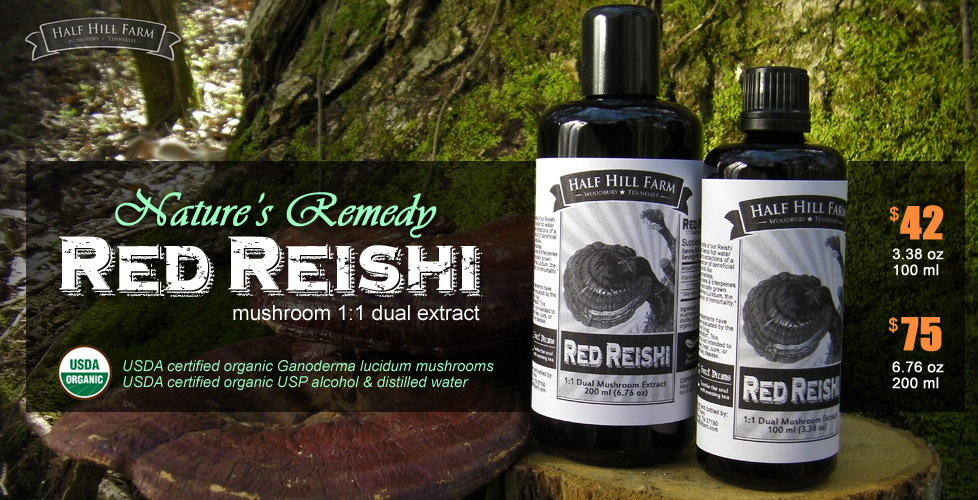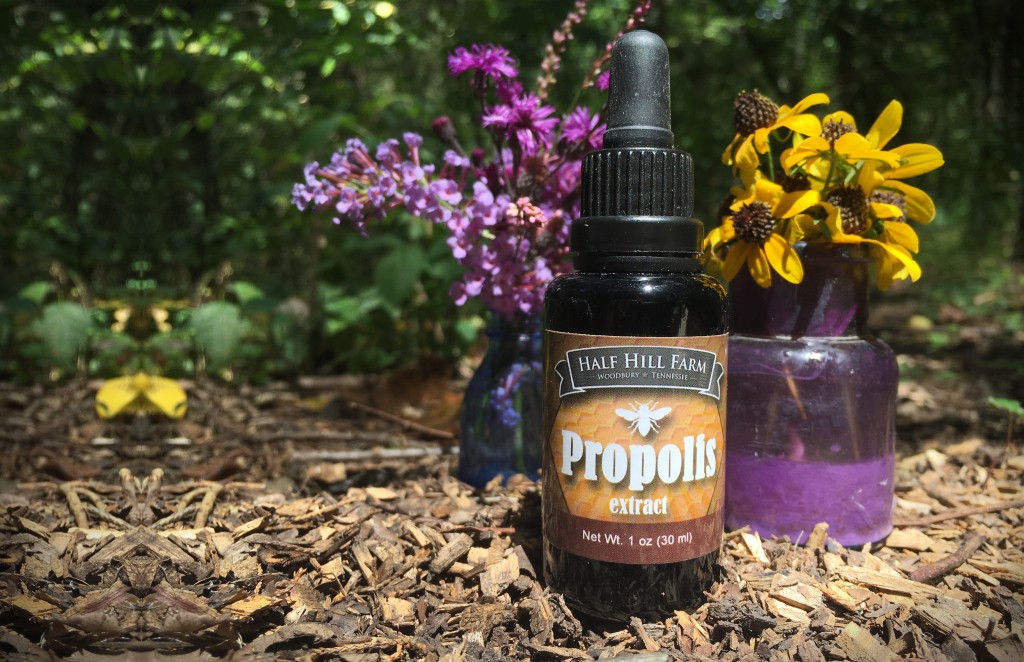
Half Hill Farm’s Propolis Extract – available in 1 oz dropper bottles.
A couple years ago, I noticed honey bees actively coming and going from my compost bin. I thought I had unintentionally adopted a swarm. At any given moment there were about 25-50 bees coming and going. When I carefully opened the top, bees were all over the mushrooms we use to make our extracts. I didn’t know what to make of it so I started research that eventually led me to creating a new extract.
After reading about different roles of bees in the hive, I think these bees were tasked with gathering plant and tree resins that are collectively blended with enzymes and wax to form an amazing substance called propolis.
What is propolis: Bees use propolis as a structural glue and as a varnish protecting the hive from fungal, viral, bacterial infection and disease as well as invading small animals or small insects or mites. Propolis is loaded with vitamins and minerals, but propolis also includes polysaccharides that are also present in wood rotting fungi, including Turkey Tail mushrooms. The more I read the more I liked and began formulating a propolis extract for daily use.
Do bees use mushrooms: A few months later, self-taught mycologist Paul Stamets reported noticing bees on the ground sucking mycelium. Stamets believes his patented use of fungus may be a way to save honey bees from mites. But both of our observations might suggest bees are a step ahead of us and already use a broader range of the forest, including mushrooms and fungi, to protect the hive with blends of propolis.
It already happens with other bees. Last year, the Brazilian Agricultural Research Corporation discovered that the Brazilian stingless bee uses fungus in their propolis to protect larvae food stores from spoiling.
He and his team discovered that the fungus is a key part of the hive. It permeates the cerumen, a material made of wax and resin that the bees use as building material. After the bees have deposited regurgitated food for the larvae inside the cells, and laid an egg, the fungus starts growing.
Once the egg hatches, the larva feeds on the fungus, and it turns out this food is absolutely crucial. When the team tried to grow the bees in the lab without the fungus, the survival rate of the larvae dropped dramatically – from 72 per cent to just 8 per cent.
Mindful observation of nature can reveal tested paths toward better health and well-being. Bees and fungi have evolved to withstand thousands of centuries of environmental changes. While they may be no match for the destruction humans can cause to the environment, their survival and centuries of use by humans suggests honey bee propolis is one of those tested paths we must understand and protect.
Purchase propolis extract: Each 1 oz (30 ml) bottle of Half Hill Farm’s Propolis Extract contains roughly a three month supply with daily use and has a dropper for oral or topical application. Take 3-5 drops a day, or apply to minor cuts to create a liquid band-aid.
The health benefits of propolis: There have been many studies of propolis and its known uses dating back to 300 BC. Here is an excellent summary of propolis studies published in 2015 making the case for potential future drug development. Here is another summary of propolis studies from 2013 also pointing to many reasons why we make our propolis extract.
- Composition: Raw propolis is 50% resins, 30% waxes, 10% essential oils, 5% pollen, and 5% organic compounds. Propolis contains calcium, iodine, potassium, sodium, manganese, magnesium, iron copper and zinc as well as vitamins B1, B2, B6, C, D and E.
- Antioxident: High concentrations of flavinoids and phenolic acids in propolis reduce oxidative stress to proteins, lipids, nucleic acids and other biomolecules in the body. Oxidative stresses cause cells to die leading to a variety of diseases like cancer, diabetes and heart diseases.
- Anti-inflammatory: When reactive oxygen species like hydrogen peroxide (H2O2) are not flushed from cells, inflammation occurs. Unresolved chronic inflammation can lead to many diseases like atherosclerosis, Alzheimer’s, Parkinson, asthma and cancer. Many studies show the flavinoids and cinnamic acid derivatives in propolis reduce inflammatory responses.
- Antiviral: Studies show flavinoid rich propolis interferes with the RNA synthesis of herpes simplex 1 and 2, influenza, H1N1, HIV and other viruses.
- Antibacterial, Antimicrobial: Propolis is effective against Gram-positive bacteria like Streptococcus mutans, which causes tooth decay and heart disease, Lactobacilli, and Staphylococcus.
- Antifungal: Propolis is active against dermatophytes and yeasts, including several Candida strains – some resistant to known antifungal agents.
- Antiprotozoal: Propolis shows activity against parasites that cause many diseases in humans. Studies show propolis is active against trichomoniasis, toxoplasmosis, giardiasis, Chagas disease, leishmaniasis, Giardia lamblia, Trichomonas vaginalis, Toxoplasma gondii, Leishmania donovani, Trypanosoma cruzi, and malaria.
- Antitumor: Propolis acts against cancer cells by blocking oncogene signalling pathways, decreasing cancer proliferation by decreasing cancer stem cell populations and increasing cancer apoptosis. Propolis is active against colorectal, human breast, human tongue squamous cell carcinoma, and human prostate cancer cells. Studies show flavonoids from propolis could play a protective role against the toxicity of the chemotherapeutic agents or radiation therapy.

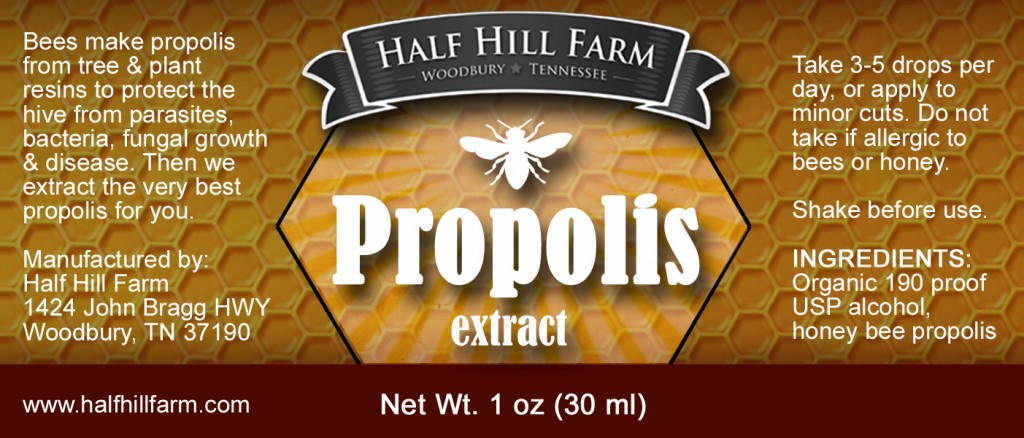
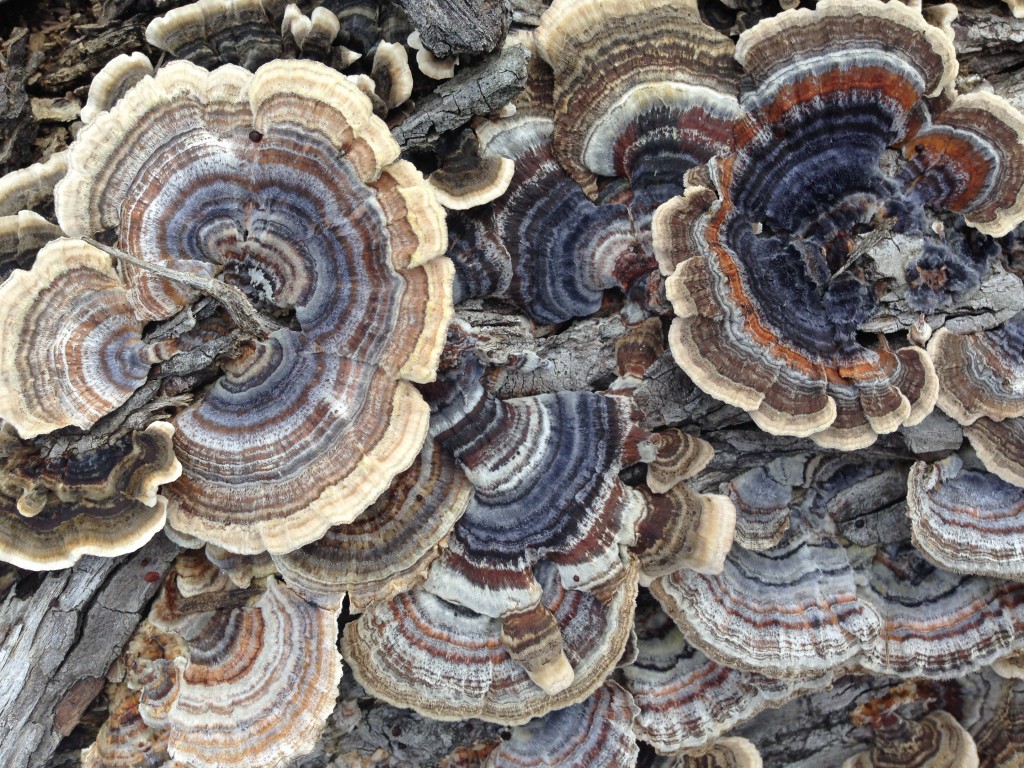
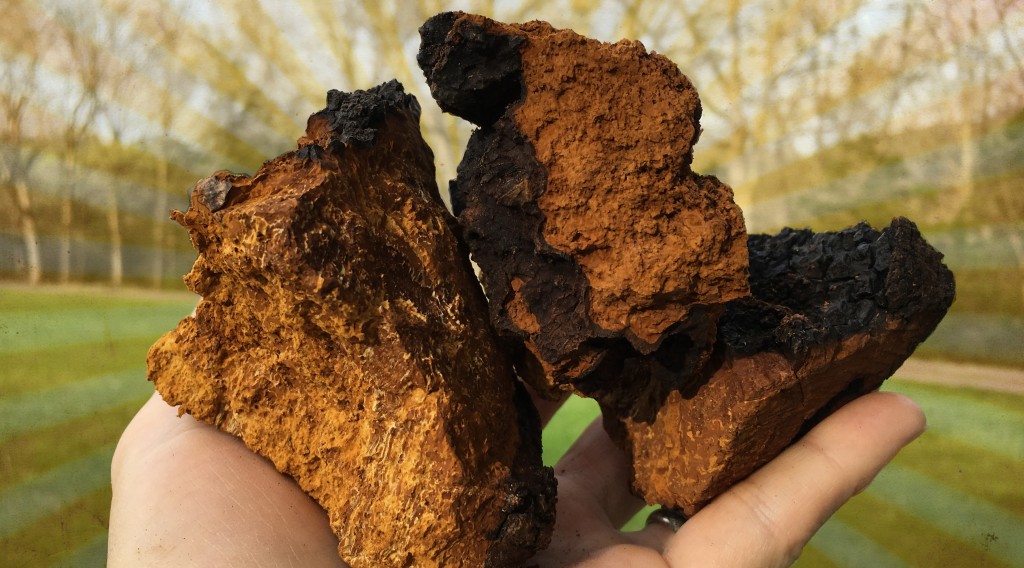
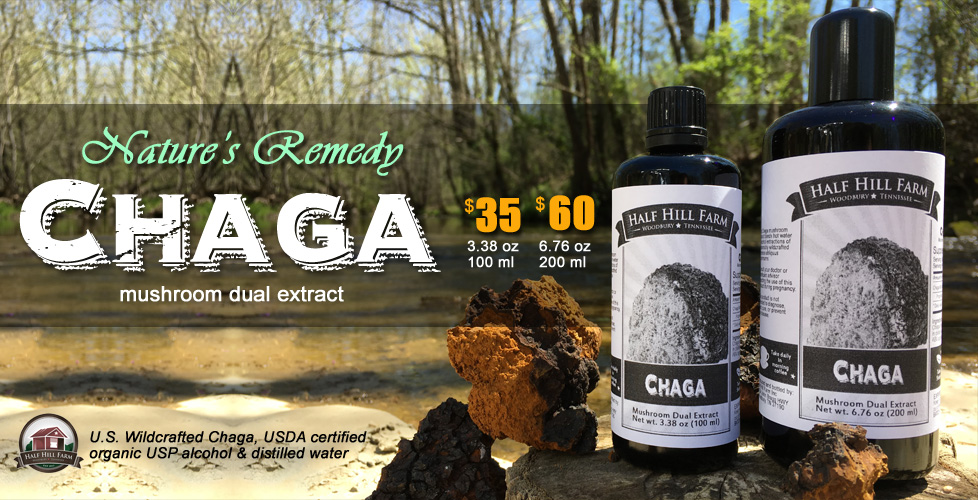

 “We’re excited about the opportunity to share
“We’re excited about the opportunity to share 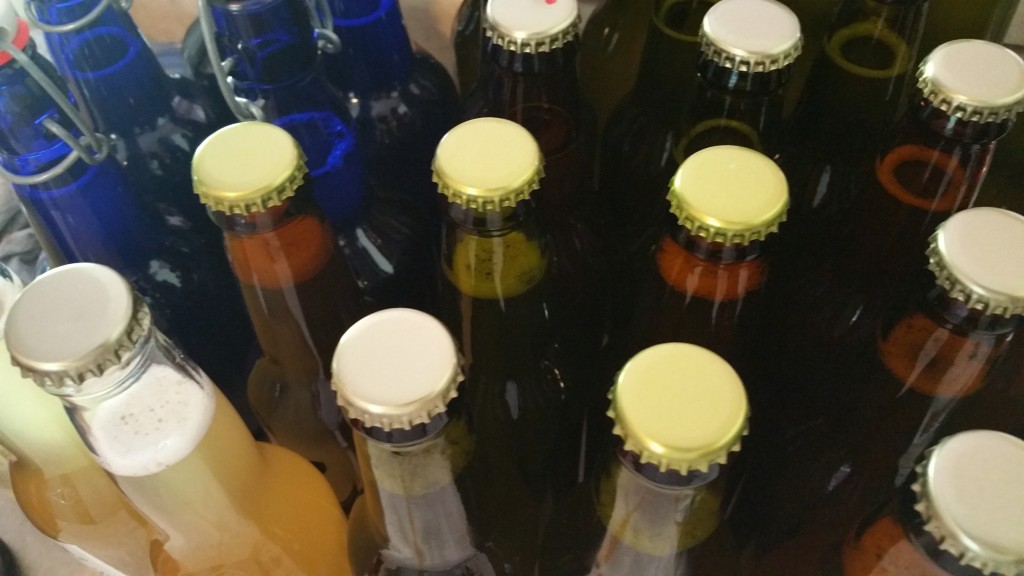
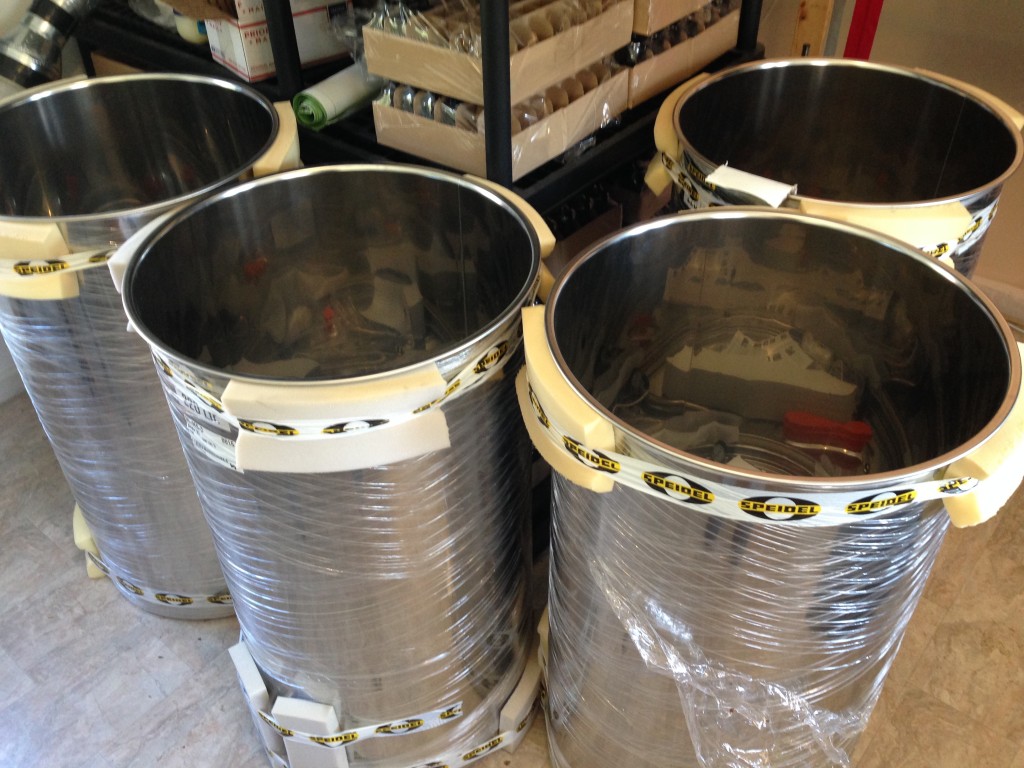
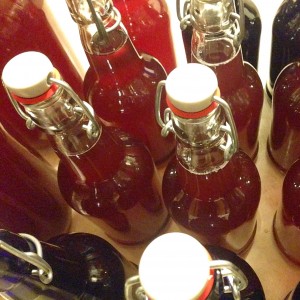
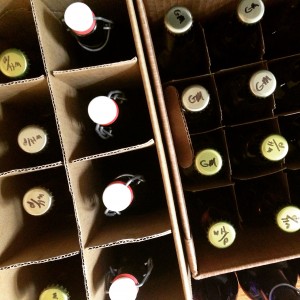

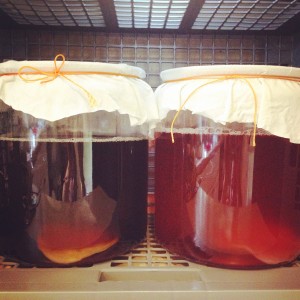
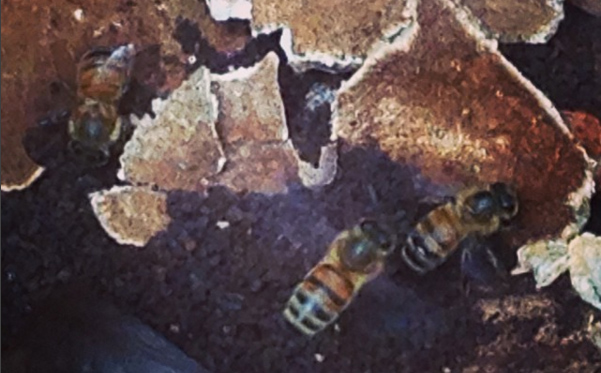 Honey bees make a quick pharmacy stop on our farm’s used Turkey Tail mushrooms (
Honey bees make a quick pharmacy stop on our farm’s used Turkey Tail mushrooms (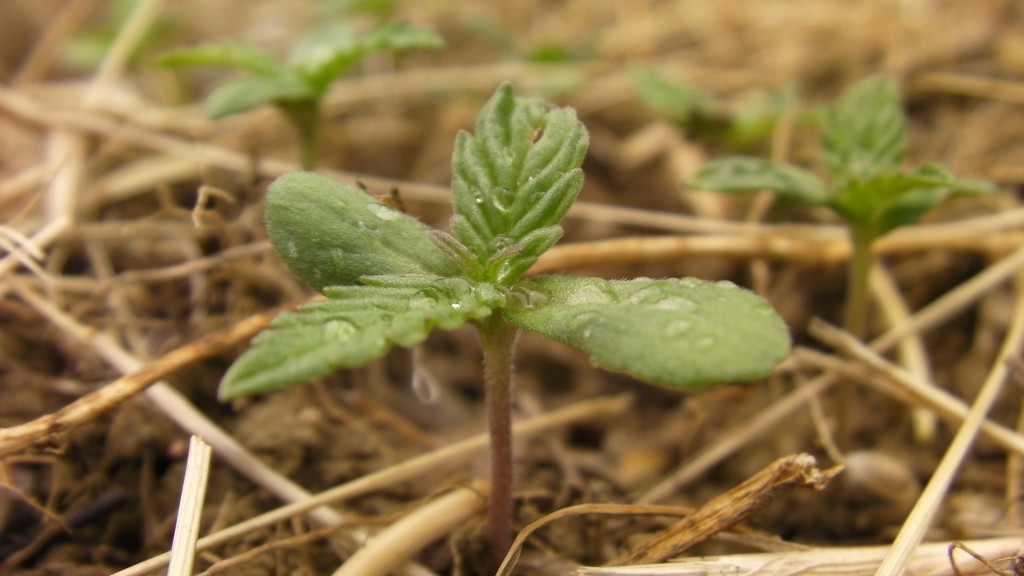
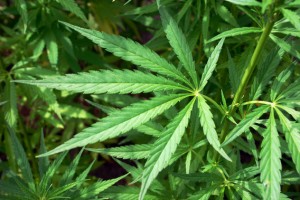 While industrial hemp contains little to none of the psychoactive ingredient THC, hemp seeds produce the highest omega 3 and omega 6 fatty acids of any grain. Milled seed is an excellent source of oil and plant protein, and hemp is one of the world’s most renewable sources of industrial fiber.
While industrial hemp contains little to none of the psychoactive ingredient THC, hemp seeds produce the highest omega 3 and omega 6 fatty acids of any grain. Milled seed is an excellent source of oil and plant protein, and hemp is one of the world’s most renewable sources of industrial fiber.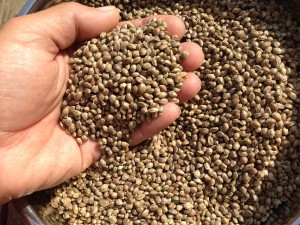 In the mid 1800s, Tennessee farms reported growing over 2,200 tons of cannabis using it to make rope and industrial canvas used in boat sails and to bag cotton harvests. According to state records, production fell with competition from other states.
In the mid 1800s, Tennessee farms reported growing over 2,200 tons of cannabis using it to make rope and industrial canvas used in boat sails and to bag cotton harvests. According to state records, production fell with competition from other states. Construction started this week on Half Hill Farm’s
Construction started this week on Half Hill Farm’s 


